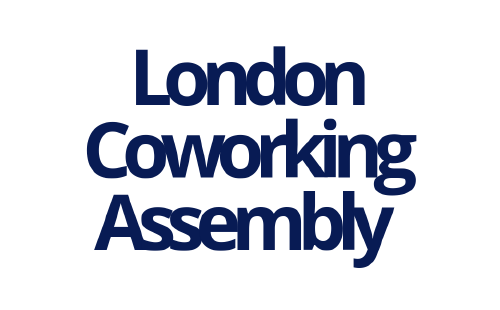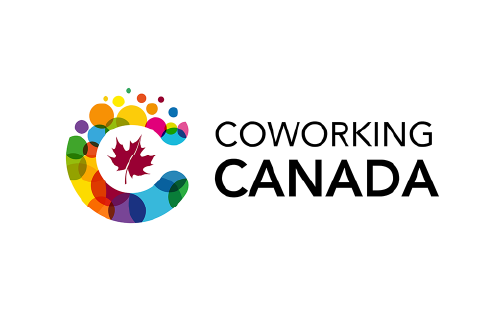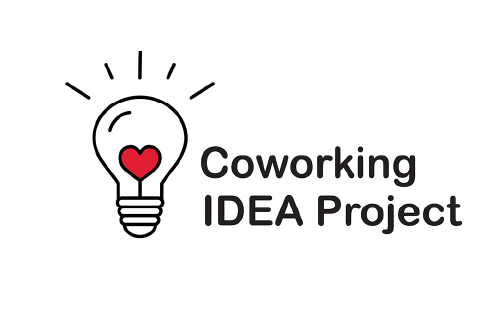Purpose
[Organization] is committed to providing a harassment-free experience for everyone, regardless of gender, gender identity and expression, sexual orientation, disability, physical appearance, body size, race, age, caste, social status, religious affiliation or marital or parental status. We do not tolerate harassment in any form. [Event participants/Members] violating these rules may face consequences including, but not limited to, expulsion from our [event/space] without a refund.
By [attending this event/becoming a member], you are agreeing to abide by these guidelines. We expect our community to help us realize a safe and positive experience for everyone.
What Constitutes Harassment
Harassment includes, but is not limited to:
- Verbal comments that reinforce discrimination based on gender, gender identity and expression, sexual orientation, disability, physical appearance, body size, race, age, caste, social status, or religion.
- Sexually-charged jokes, statements, or comments.
- Creation or display of sexual images in public spaces.
- Prejudicial surveillance, deliberate intimidation, stalking, or unwanted following.
- Harassing photography or video/audio recording.
- Sustained disruption of talks or other events.
- Inappropriate physical contact.
- Invasion of personal space.
- Unwelcome sexual attention.
- Advocating for, or encouraging, any of the above behavior.
These behaviors, as well as others described below, are not conducive to a welcoming environment and are therefore prohibited in all spaces (physical and virtual) that are encompassed in this agreement.
Enforcement
If a participant engages in harassing behavior, [organizers/community managers] retain the right to take action in order to maintain a welcoming environment for other participants. This includes warnings, expulsion from the conference without a
refund, or other measures deemed appropriate.
Our team is authorized to address anything designed to, or with the clear impact of, making the environment hostile for any participants. We expect participants to follow these rules in all spaces (physical and virtual) including social
activities, and we encourage participants to follow these guidelines outside of these spaces as well.
Online Gatherings
Not all events, workshops, conferences or interactions are necessarily linked to a physical space. But regardless of the mode of interaction, all other guidelines apply here, and extend to unwelcome or deliberately ill-intentioned activity directed at participants via social networks, forums or other online platforms linked to their participation in online or physical spaces.
Reporting
If someone makes you or anyone else feel unsafe or unwelcome, we encourage you to report it as soon as possible. [Event staff/community managers] will be identifiable by [their attire or badges], and they will be instructed on how to respond to
harassment. All claims are taken seriously and will be handled by event organizers or dedicated staff.
You can make a report either personally or anonymously, both detailed below.
Anonymous Report
[Organization] will set up an online form to report harassment HERE [include link to form]. We commit to fully investigating and acting on information we receive through anonymous reporting.
Personal Report
You can make a personal report by:
- Contacting an [organizer/manager], identified by their [outfit/badge].
- Emailing us: [email].
- Calling us: There will be a hotline available [during the conference/during agreed upon hours] to call at [#].
When taking a personal report, our staff will make sure that we discuss your issue privately and securely. They may involve other staff to ensure your report is managed properly. At this point, we will ask you to go over the details of the
harassment. This can be a difficult process, but we’ll handle it as respectfully as possible, and you are welcome to bring someone with you for support. We will never ask you to confront someone, and we will not relay your name or information
to the accused.
Our team will be prepared to put you in touch with security, law enforcement, or any other local services you request. We want you to feel safe and comfortable. Your participation is important to us.
Important Contact Numbers
Police: [depends on location]
Medical Emergency:[depends on location]
Photo Policy
All recordings must be identified publicly and give participants the option to not be recorded. Participants are free to ask that photographs of themselves are withheld from any promotional materials. To maintain privacy and personal
boundaries, all participants must ask before taking any photographs that are clearly meant to highlight a small group or single person.
Inclusive Language
As language is both a reflection of, and a contributor towards, culture, we ask that all participants use language that demonstrates the best aspects of coworking culture and avoid language that could alienate or disparage others. This means
that all members of our community need to follow these guidelines for what constitutes disrespectful language.
General Guidelines
There is no place at this event for language that is openly or casually degrading to a person or group. Any words or phrases, no matter how seemingly innocuous, that perpetuate negative stereotypes and communicate exclusion are not allowed.
Some of these can be subtle and said without ill-will, which is why we encourage participants to examine their own language and use this guide as an opportunity for learning. For some examples of language that we are trying to avoid, please see
the below examples.
Racism
Racism is deeply rooted across societies globally, exists among all social classes, and is connected to a long history of violence, oppression, and domination.
Addressing individuals or a group of people in a diminutive, derogative, or malicious way based on their (assumed) race and ethnic background is racist, disrespectful, and harmful.
We do not tolerate any racist behavior, slurs, statements, or jokes.
Ableism
Words like “crazy,” “dumb,” “insane,” or “lame” are examples of language that devalues people who have physical or mental disabilities. Many people use these words not because they seek to be hurtful, but because they are attempting to
describe something they perceive to be outside of the norm, which reinforces harmful stereotypes and impacts real people. Instead, try to broaden your vocabulary and find ways to express yourself that are more appropriate, inclusive, and
elegant.
Sexism
We strongly advise avoiding gendered pronouns as well as any gendered terms. Everyone is expected to respect each other’s chosen pronouns. When using pronouns it is always better to ask than assume. Try to avoid using words like “dude” or “guys” to address groups. This shorthand contributes to
linguistic barriers that drive exclusion and an unwelcoming environment.
Mediation
If you are accused of violating the Code of Conduct, before escalating an issue and challenging the validity of a report against you, see if it’s possible to learn from the experience, reflect, apologize, and move on.
However, if you feel you have been falsely or unfairly accused of violating this Code of Conduct, notify [an event organizer/a community manager] with a concise description of your grievance. Your grievance will be handled in accordance with
[organization]’s existing governance policies. [Include your Membership Agreement or other mediation documentation at this point].


